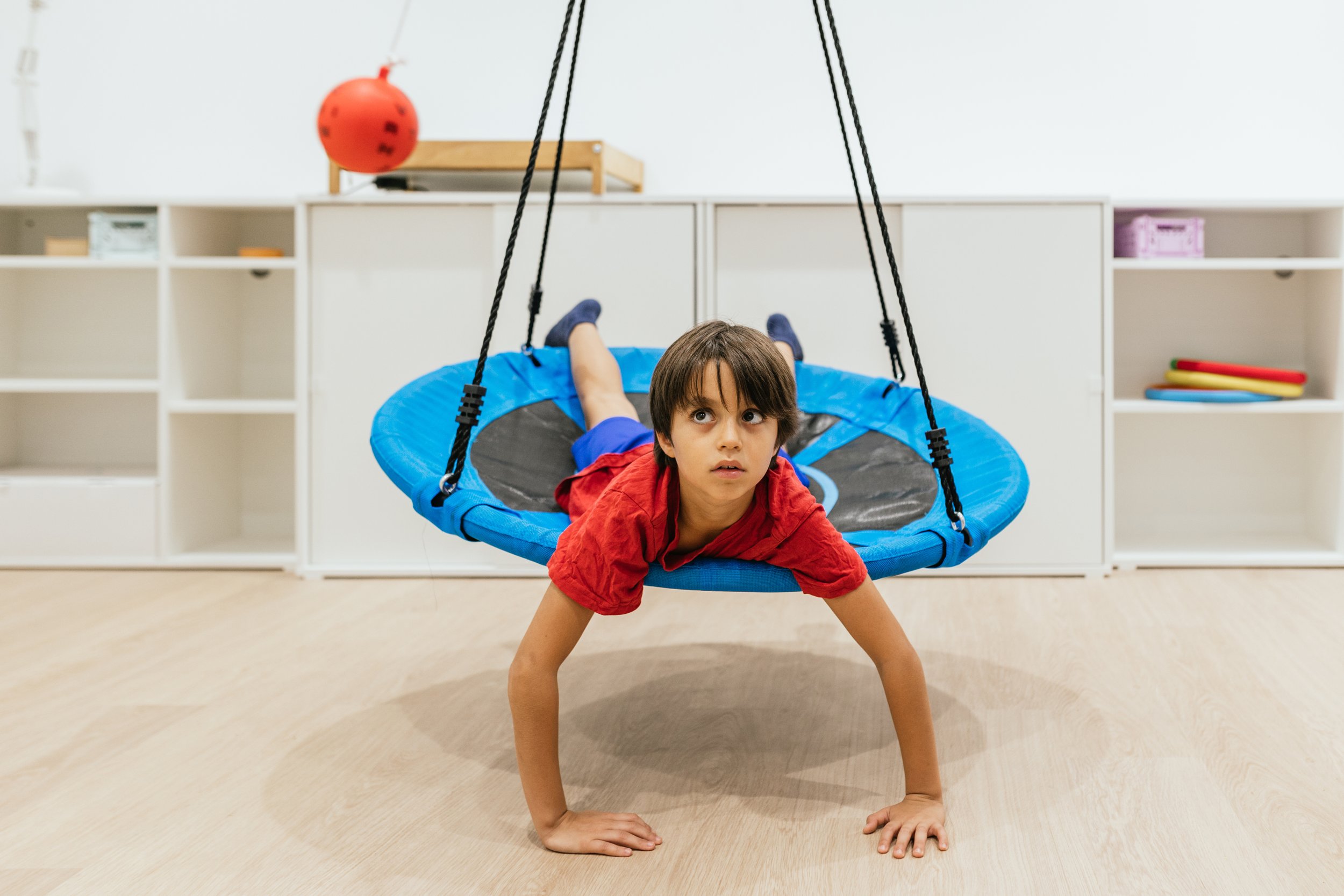
Neurovisual Rehabilitation In Toronto
Rebuilding Vision and Enhancing Life: Specialized Neurovisual Rehabilitation for Brain Injury, Stroke, and Neurological Conditions
Neurovisual Rehabilitation is a specialized therapy designed to help individuals who experience vision problems related to neurological conditions or brain injuries. These can include conditions such as traumatic brain injury (TBI), stroke, concussion, or neurological diseases that affect the visual processing centers of the brain. The rehabilitation process focuses on improving the brain's ability to process and interpret visual information, ultimately helping patients regain lost visual functions and improve their quality of life.
What is Neurovisual Rehabilitation?
Neurovisual Rehabilitation is a specialized therapy designed to help individuals who experience vision problems related to neurological conditions or brain injuries. These can include conditions such as traumatic brain injury (TBI), stroke, concussion, or neurological diseases that affect the visual processing centers of the brain. The rehabilitation process focuses on improving the brain's ability to process and interpret visual information, ultimately helping patients regain lost visual functions and improve their quality of life.
What Causes Neurovisual Problems?
Neurovisual disorders typically occur due to damage to the brain areas responsible for processing visual information, such as the occipital lobe or other regions involved in vision-related processing. Causes can include traumatic brain injuries (e.g., concussions), stroke, neurological diseases (such as multiple sclerosis or Parkinson's disease), or even developmental disorders like autism. These conditions can interfere with the brain's ability to coordinate eye movements, focus, or interpret visual stimuli properly.
-
Individuals who have experienced brain injuries, strokes, or neurological conditions are at higher risk for neurovisual disorders. Common causes include traumatic accidents, falls, sports-related injuries, and certain medical conditions such as multiple sclerosis, stroke, or brain tumors. Additionally, individuals who have experienced concussions or repeated head trauma, such as athletes in contact sports, may be more susceptible to neurovisual issues.
-
Symptoms of neurovisual disorders vary depending on the underlying condition, but common signs include blurred vision, double vision, difficulty focusing, light sensitivity, headaches, dizziness, and issues with depth perception. Individuals may also experience difficulty reading, tracking moving objects, or visually processing complex images. These symptoms can interfere with daily activities, such as driving or reading.
-
While some neurovisual disorders are caused by unavoidable neurological conditions, steps can be taken to minimize the risk of certain issues, such as protecting the head from injury by wearing appropriate protective gear during sports or activities. If you have experienced a brain injury or neurological condition, early intervention with neurovisual rehabilitation can help manage symptoms and improve outcomes. Regular follow-up care and adherence to therapy plans are crucial to long-term success.
